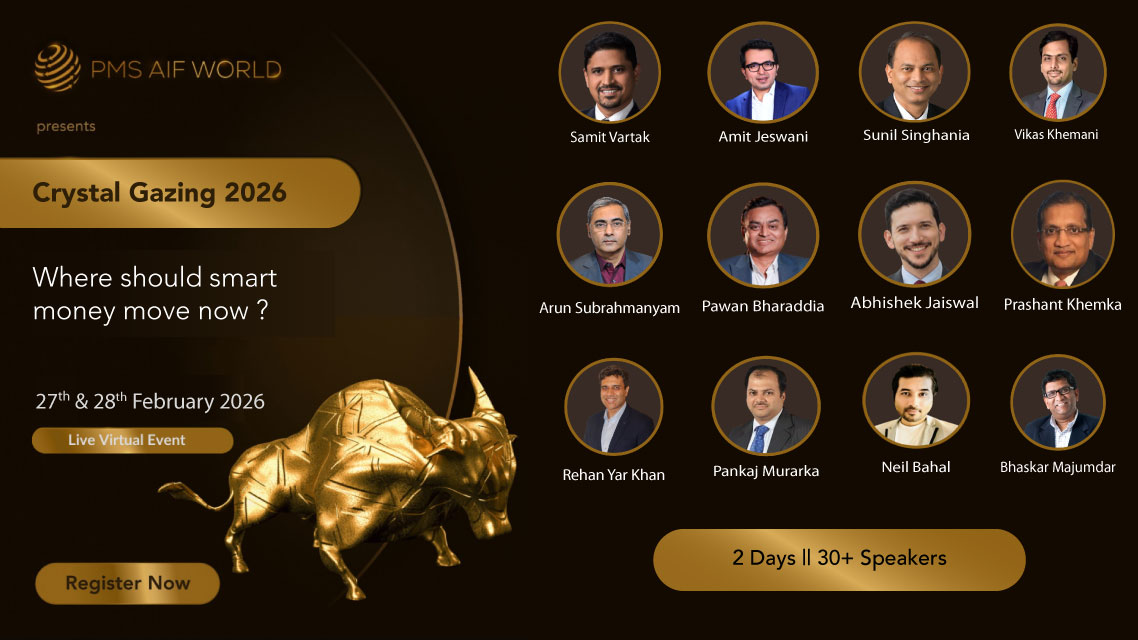AIFs are licensed investment vehicles established & incorporated in India for collectively & privately investing on behalf of niche segment of sophisticated investors. Minimum ticket size of 1 Cr makes these products ultra – exclusive in their investment approach. AIFs combine the operational ease of a mutual fund and the flexibility of a PMS making it a perfect blend geared for generating optimum performance for a stipulated investment objective. To enhance risk adjusted performance, these products are allowed to use complex strategies like unlisted equity investments, long – short hedging style of investments etc. Some of the star fund managers have taken a plunge and started their own AIFs that have delivered great performance for the investors. We present all facts about options in this space categorizing these into Equity oriented, Debt oriented and Structured products.
Benefits of AIF?
- Optimum Portfolio: AIFs offer more flexibility in the hands of fund managers which allows them to create the optimum portfolio in line with investment objectives.
- Smart Strategies: AIFs offer smarter investment strategies that aim at generating enhanced risk adjusted returns by use of derivatives, and long short hedging style of investing.
- Unlisted Exposure: AIFs offer investment options like start up investments through venture capital funds, and private equity investments through PE funds making them right product for investors looking for a diversified and professionally managed portfolio in this space.
- Focus: AIF are diversified to an extent, but not beyond a point and an equity portfolio is composed of 10 – 25 holdings. Also, most funds follow fixed closure schedules. This makes them concentrate on the pool of funds collected and brings focus and increased potential for higher performance. Additionally, because of higher minimum ticket size. AIFs only attract funds from the sophisticated set of investors and are thus not prey to the vagaries of behavioral flows.
Taxation of AIF?
Technically, AIFs are classified in 3 categories. Cat I and Cat II AIFs have been accorded a pass through status, which essentially means that income accruing from such funds is taxed at the investor level and not the fund level with a requirement to deduct 10% on income credited to the investor. The Cat III AIFs have still not been accorded a pass through status, and are taxed at the investment fund level and the tax obligation doesn’t pass through to the investor. In CAT 3 tax rate depends upon the investment strategy and asset allocation of the fund (where the income of the fund is characterized as income under the head Profits or gains from business or profession, the investment fund is taxed in respect to such income at the maximum marginal rate of tax)



